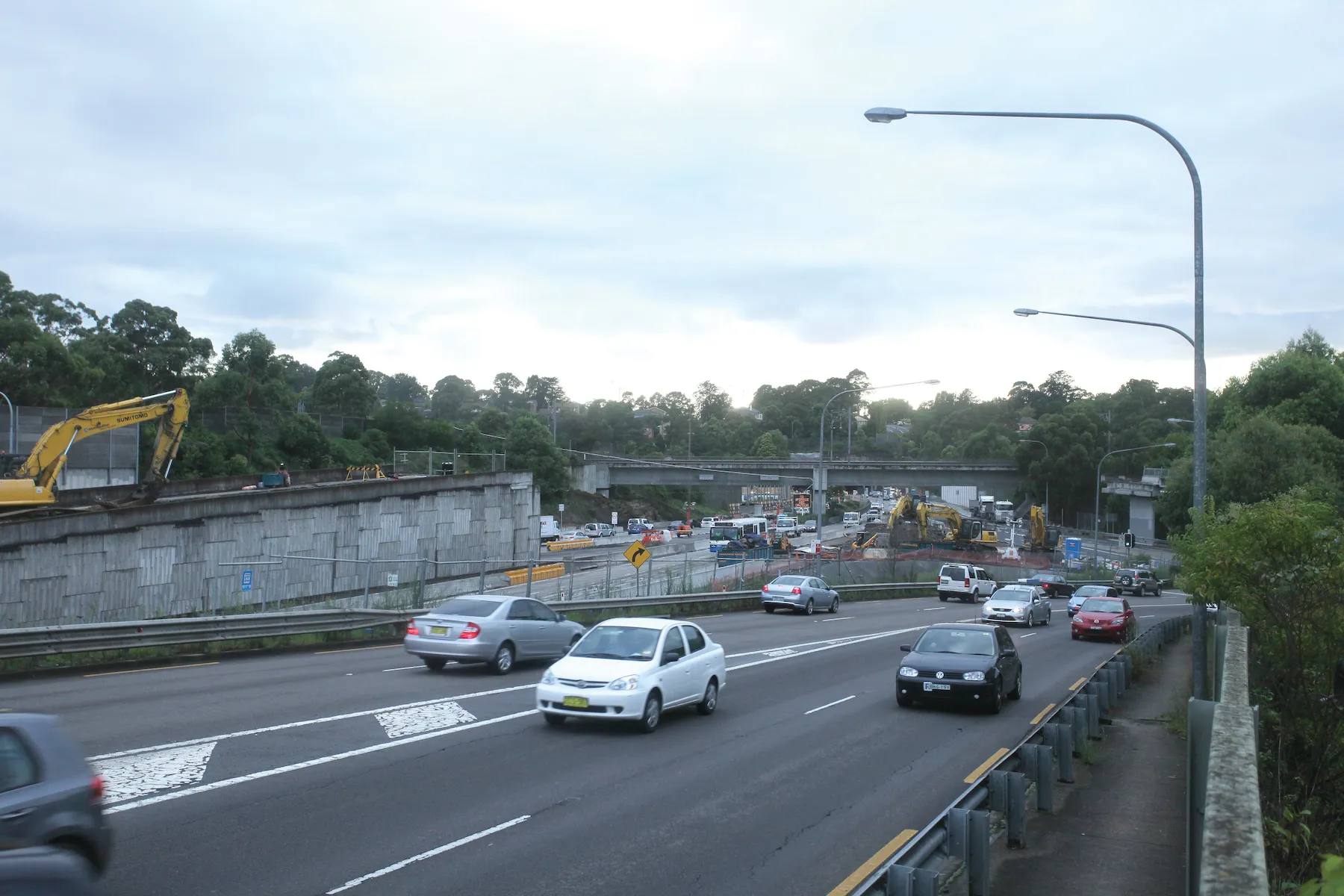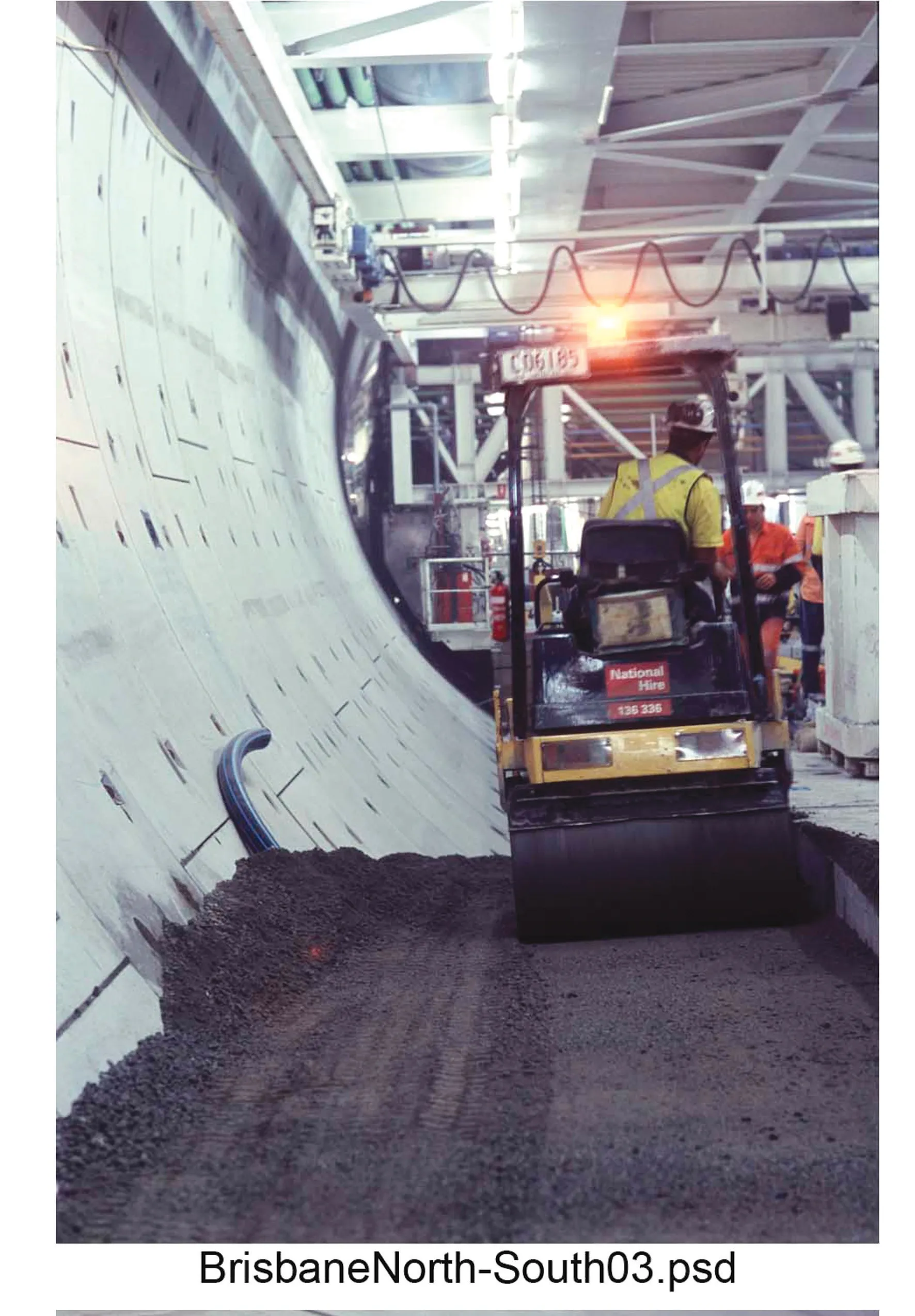Hungary is experiencing a road development boom.
In line with the country's New Szechenyi Plan (USZT), some €3.67 billion (HUF 1.1 trillion) is to be made available for road development works. National infrastructure development company NIF says it launched road projects worth a total of €1.5 billion (HUF 450 billion) in 2013. Contracts have been signed for the full amount.
Hungary's M4 motorway is to be opened in 2016 between Abony and Fegyvernek. The 29km motorway section will also include a bridge over
January 7, 2014
Read time: 2 mins
Hungary is experiencing a road development boom.
In line with the country's New Szechenyi plan (USZT), some €3.67 billion (HUF 1.1 trillion) is to be made available for road development works. National infrastructure development company NIF says it launched road projects worth a total of €1.5 billion (HUF 450 billion) in 2013. Contracts have been signed for the full amount.
Hungary's M4 motorway is to be opened in 2016 between Abony and Fegyvernek. The 29km motorway section will also include a bridge over the river Tisza. NIF will also add two new lanes to the M85 and M86 roads. Additionally, the country's Number 8 road will also be turned into a dual carriageway on a 42km stretch between Szekesfehervar and Herend. Other projects include road surface strengthening and the construction of several bypass road sections. Most projects are due to be completed inside the next two years. Companies taking part in the projects are184 Colas, 945 Strabag, 3454 Kozgep, Duna Aszfalt and Euro-Aszfalt among others.
Meanwhile, in line with a government decree, a new section of Hungary's M0 orbital is to be built between the number 10 and 11 highways. The section will have a total length of 8km, of which some 50% is expected to run through an underground tunnel. Investment costs are estimated at around €335.82 million (HUF 100 billion). Construction works will not start before 2017.
In line with the country's New Szechenyi plan (USZT), some €3.67 billion (HUF 1.1 trillion) is to be made available for road development works. National infrastructure development company NIF says it launched road projects worth a total of €1.5 billion (HUF 450 billion) in 2013. Contracts have been signed for the full amount.
Hungary's M4 motorway is to be opened in 2016 between Abony and Fegyvernek. The 29km motorway section will also include a bridge over the river Tisza. NIF will also add two new lanes to the M85 and M86 roads. Additionally, the country's Number 8 road will also be turned into a dual carriageway on a 42km stretch between Szekesfehervar and Herend. Other projects include road surface strengthening and the construction of several bypass road sections. Most projects are due to be completed inside the next two years. Companies taking part in the projects are
Meanwhile, in line with a government decree, a new section of Hungary's M0 orbital is to be built between the number 10 and 11 highways. The section will have a total length of 8km, of which some 50% is expected to run through an underground tunnel. Investment costs are estimated at around €335.82 million (HUF 100 billion). Construction works will not start before 2017.







